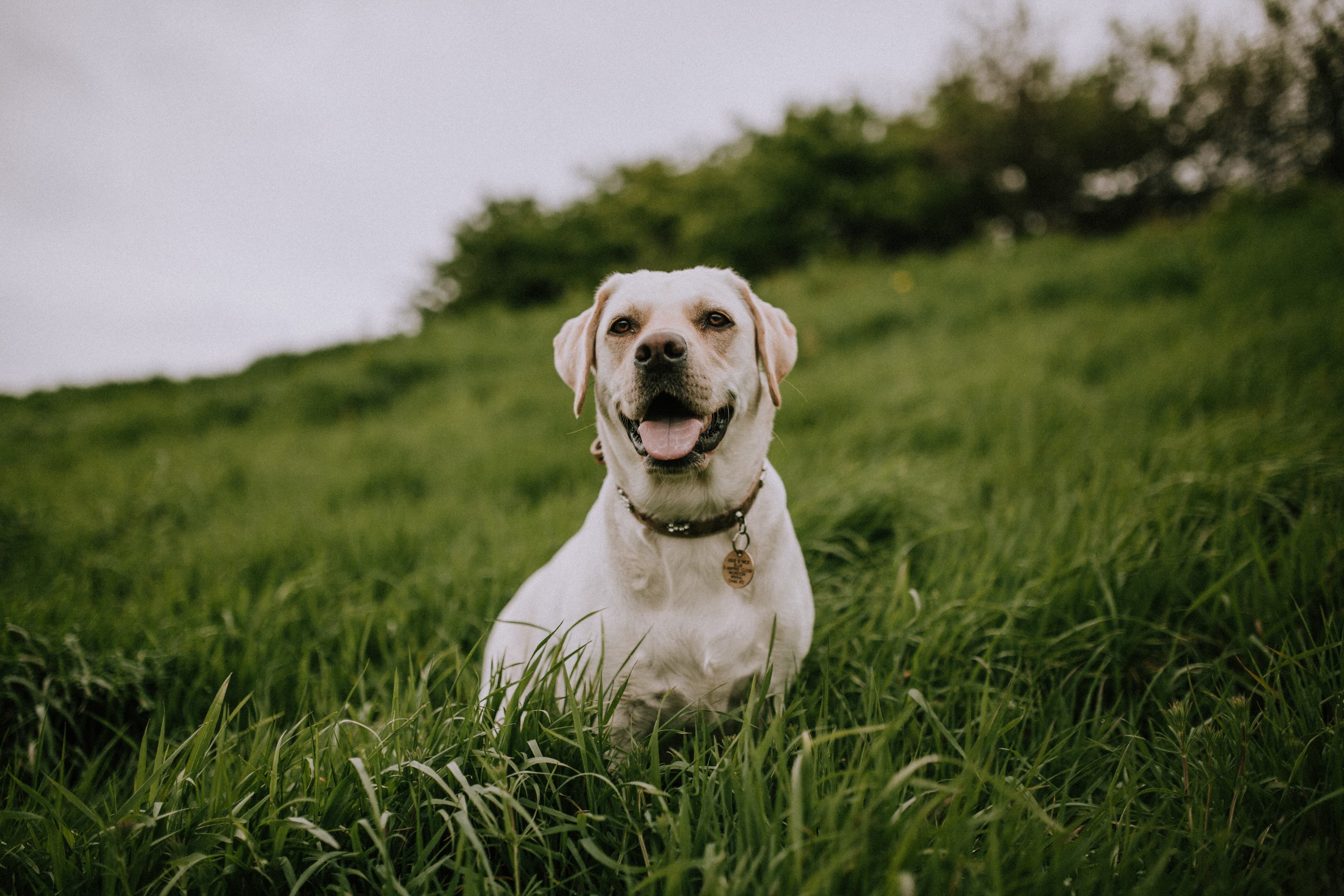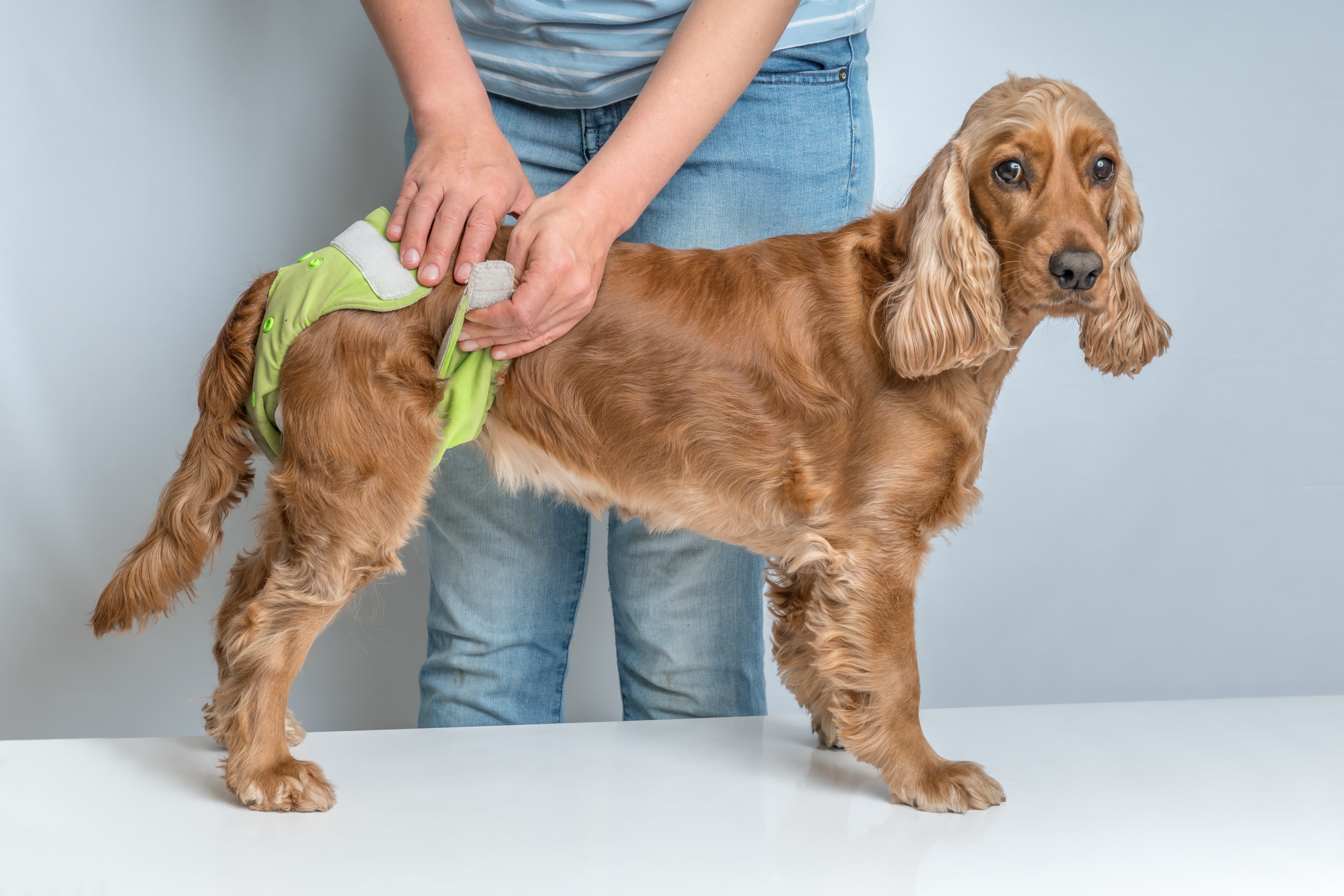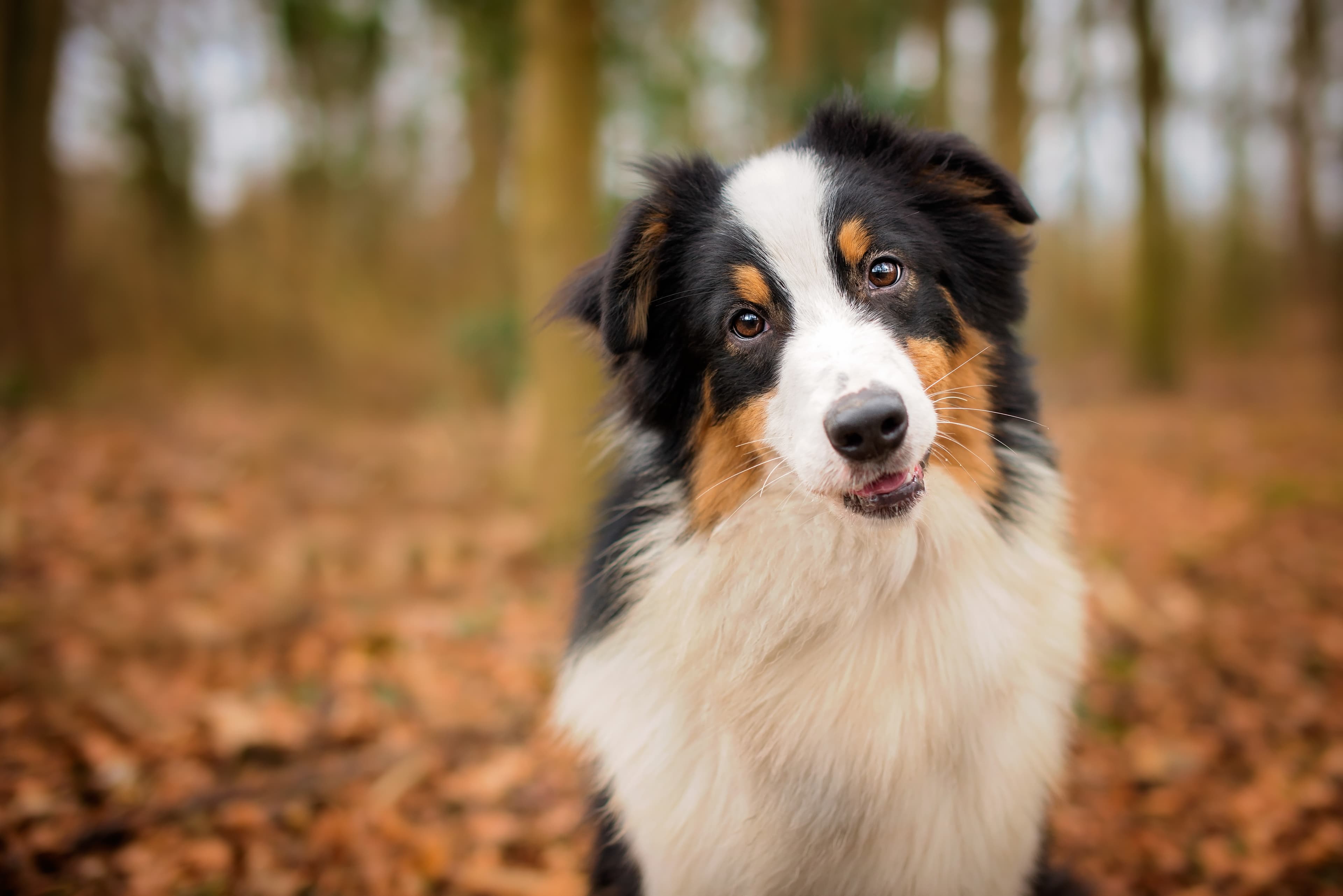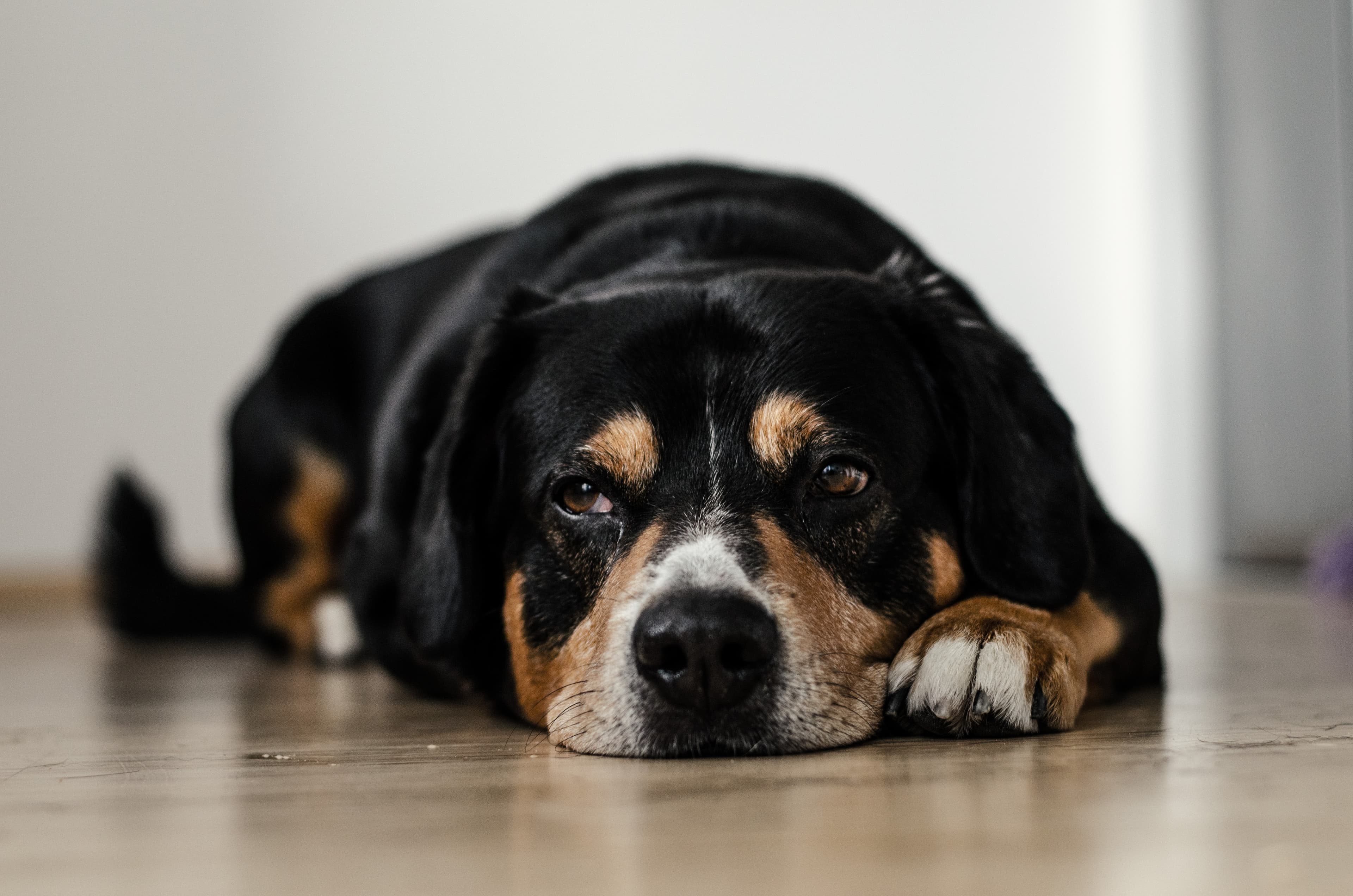What to do if your dog has gastritis
Did you know dogs can suffer from gastritis? The symptoms can be subtle, making it tricky to spot. While not usually serious, it’s certainly uncomfortable for your dog.
What is gastritis?
Gastritis is an inflammation of the stomach lining. It can be acute or chronic (lasting over three weeks). In some cases, gastritis can lead to ulcers and become quite serious.
Symptoms of gastric catarrh in dogs
Dogs with gastritis may lose their appetite in the morning and sometimes vomit on an empty stomach before their first meal. Their stools are usually normal, and they remain as alert and happy as ever. Even if your dog seems fine, it’s important to address their discomfort.
8 common causes of gastritis in dogs
Swallowing a foreign object that irritates the stomach lining
Eating something they can't tolerate
Kidney problems
Liver problems
Viral infections
Ingesting irritants like certain medications
Tumours
A change in diet
What to do if your dog has gastritis
A dog’s stomach constantly produces acid, so long periods without food can cause irritation and inflammation in the stomach lining for sensitive dogs. If you suspect gastritis, try feeding smaller meals more frequently – around 4-5 times a day, with the last meal late in the evening and the first early in the morning. This helps keep their stomach from staying empty for too long. Reviewing their diet might also help. Easily digestible or low-allergen, hydrolysed food can be beneficial for some dogs. Just ensure any diet is suitable for their age – for example, check if it's appropriate for puppies if you have a growing dog.
When to see a vet for gastritis
If your dog is vomiting frequently, seems unwell, or refuses to eat for an extended period, contact your vet immediately. This also applies if the dietary changes mentioned above don't resolve the issue. Some dogs need medication for gastritis, and a vet can rule out any other underlying causes for the symptoms.






